In the heart of America's culinary landscape, a quiet yet profound crisis is unfolding. The humble egg, a staple in breakfasts and baked goods, is at the center of a nationwide shortage that has sent shockwaves through the food industry.
From diners to fast-food chains, bakeries to retailers, the impact of the egg shortage is being felt far and wide. As restaurants like Denny's and Waffle House introduce temporary surcharges on egg-based meals, and bakeries grapple with skyrocketing costs, the egg crisis has become a microcosm of the broader challenges facing the American food supply chain.
The roots of the current egg shortage can be traced back to the beginning of 2022 when an outbreak of avian flu began decimating flocks across the United States.
The highly contagious virus has led to the culling of over 140 million egg-laying birds since 2022, with nearly 19 million birds culled in just the past 30 days, according to the US Department of Agriculture. The numbers are staggering, and the consequences have been swift and severe. Egg supplies have dwindled, and prices have soared to unprecedented levels, forcing businesses to adapt quickly or face the risk of losing their livelihoods.
The impact on prices has been nothing short of dramatic. According to the Bureau of Labor Statistics, the average cost of a dozen large, grade-A eggs climbed to $4.15 in December, up from $3.65 in November.
This increase is not just a temporary blip; it is a sustained trend that has forced restaurants and bakeries to reconsider their menus and pricing strategies. The situation is so dire that even the most iconic American diner chains are feeling the pinch.
Denny's, a beloved American diner chain with over 1,500 locations, recently announced that it would be adding a temporary surcharge to egg-based meals due to the ongoing egg shortage.
In a statement, the company emphasized that this pricing decision was made on a market-by-market and restaurant-by-restaurant basis, reflecting the regional impacts of the crisis. The move underscores the fluid nature of the situation, with Denny's declining to specify the exact amount of the surcharge or how many locations are affected.
Despite the price increases, Denny's has remained committed to providing value to its customers. The chain's decision to add a surcharge is not just a financial maneuver; it is a necessary step to navigate the rapidly changing market dynamics. As egg prices continue to rise, the pressure on restaurants to maintain profitability while keeping customers satisfied is immense. Denny's is not alone in this struggle.
Waffle House, another iconic American diner chain, has also been forced to adapt to the egg crisis. Earlier this month, the Georgia-based franchise introduced a temporary 50-cent surcharge per egg, citing the nationwide rise in egg costs.
With over 2,100 locations across the United States, Waffle House's decision to add a surcharge is a clear indication of the severity of the situation. The chain has emphasized that it is continuously monitoring egg prices and may adjust or remove the surcharge as market conditions improve.
The ripple effect of the egg shortage is being felt across the fast-food industry. While chains like Denny's and Waffle House are adding surcharges, others are taking different approaches.
McDonald's, for instance, announced this week that it would not pass on an egg surcharge to its customers. Instead, the chain is offering a one-day promotion on March 2 for a $1 Egg McMuffin breakfast sandwich. This move highlights the diverse strategies that businesses are employing to cope with the crisis, from surcharges to promotions and everything in between.
Bakeries, which rely heavily on eggs for their products, are among the hardest-hit businesses in this crisis. Scott Auslander, the general manager of Bread Furst in Washington, DC, described the surge in egg prices as unprecedented.
"Our suppliers are telling us that they don't know when egg prices are going to come down—or if they're going to come down," Auslander said. Bread Furst uses 150 eggs daily and has seen its costs more than double over the past year. The bakery has had to raise prices on about a third of its menu, including its signature "messy egg sandwich," which now costs a dollar more.
The situation for bakeries is particularly dire because eggs are not just a minor ingredient; they are essential to the very nature of their products. Unlike restaurants that can offer alternative menu items, bakeries cannot easily substitute eggs without compromising the quality and taste of their goods. The egg crisis has forced bakeries to confront a harsh reality: the cost of a fundamental ingredient is now a significant financial burden.
The egg shortage is not just a problem for restaurants and bakeries; it is also affecting major retailers. Costco and Trader Joe's, two of the largest grocery chains in the United States, have had to impose limits on how many eggs one customer can buy.
These measures are designed to ensure that the limited supply of eggs is distributed fairly among consumers. However, they also highlight the fragility of the supply chain and the challenges that retailers face in managing scarce resources.
The egg crisis has also pushed American businesses to seek alternatives abroad. Turkey, the only foreign country that exports eggs to the US, has stepped in to meet the demand. Producers in Turkey plan to export 420 million eggs to the United States this year, the highest on record and nearly six times last year's US export total, according to estimates from Turkey's Egg Producers Central Union. This shift underscores the global nature of the food supply chain and the increasing reliance on international markets to meet domestic needs.
The desperation to secure eggs has led to some troubling developments. Since January, US Customs and Border Protection has reported that more than 90 people have been stopped from smuggling raw eggs from Mexico into the United States.
The agency has urged travelers to declare all agricultural products to avoid fines and safeguard public health. The fact that smuggling has become a significant issue highlights the severity of the shortage and the lengths to which some individuals are willing to go to obtain eggs.
The economic and social implications of the egg crisis are far-reaching. As businesses grapple with rising costs and consumers face higher prices, the impact is felt at every level of the economy.
The added costs associated with the egg shortage are not just a temporary inconvenience; they are a symptom of a larger problem with the food supply chain. With flocks taking months to replenish, the US Department of Agriculture projects that egg prices could rise another 20% this year. This projection leaves businesses and consumers alike scrambling to adapt to a future where the cost of a basic ingredient is no longer a given.
The egg crisis is a stark reminder of the interconnectedness of the global food supply chain and the vulnerability of the American food system. As businesses and consumers navigate this challenging landscape, the need for resilience and adaptability has never been more critical.
For restaurants and bakeries, this may mean finding alternative ingredients, adjusting menus, or implementing temporary surcharges. For retailers, it may involve diversifying supply chains and seeking international partnerships. For consumers, it may mean reevaluating their expectations and embracing new products.
The crisis also underscores the importance of transparency and communication. As businesses like Denny's and Waffle House implement surcharges, they must be clear about the reasons behind these decisions and the steps they are taking to mitigate the impact on customers. Similarly, bakeries and retailers must communicate openly about the challenges they face and the measures they are taking to ensure that their products remain available and affordable.
In the face of this crisis, the American food industry must also look to the future. The ongoing avian flu outbreak has highlighted the need for better biosecurity measures and more resilient farming practices.
As businesses adapt to the current shortage, they must also consider how to build a more sustainable and secure food system for the long term. This may involve investing in new technologies, exploring alternative ingredients, and fostering greater collaboration between producers, retailers, and consumers.
The egg shortage is more than just a temporary inconvenience; it is a tipping point for the American food industry. It has exposed vulnerabilities in the supply chain, challenged businesses to adapt, and forced consumers to confront the reality of rising costs. As restaurants add surcharges, bakeries raise prices, and retailers impose limits, the impact of the crisis is felt across the economy. However, this crisis also presents an opportunity for innovation, resilience, and change.
In the months and years ahead, the American food industry must come together to address the challenges posed by the egg shortage. By fostering greater transparency, investing in resilience, and exploring new solutions, businesses and consumers can navigate this crisis and emerge stronger.
The egg may be a humble ingredient, but its importance in the American food system cannot be overstated. As the crisis continues, the ability to adapt and innovate will be critical to ensuring that the American food system remains robust and resilient in the face of future challenges.
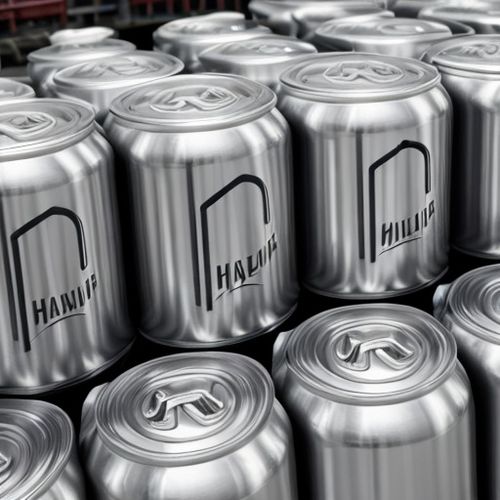
By Natalie Campbell/Mar 3, 2025

By Benjamin Evans/Mar 3, 2025

By Amanda Phillips/Mar 3, 2025

By John Smith/Mar 3, 2025
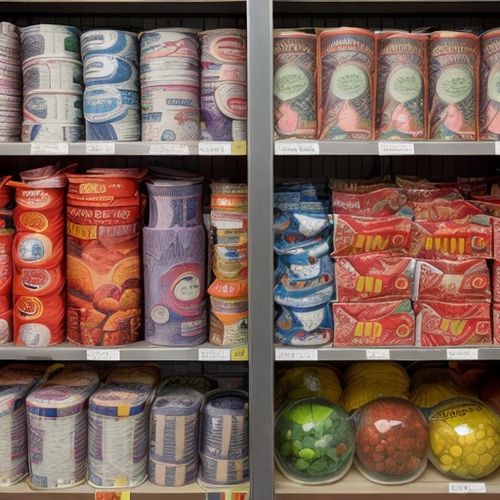
By Samuel Cooper/Mar 3, 2025

By Olivia Reed/Mar 3, 2025

By Michael Brown/Mar 3, 2025

By Jessica Lee/Feb 27, 2025

By Rebecca Stewart/Feb 27, 2025

By Ryan Martin/Feb 27, 2025
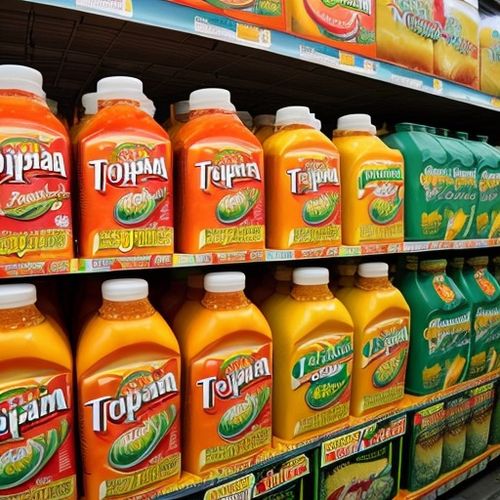
By Rebecca Stewart/Feb 27, 2025

By Sophia Lewis/Feb 27, 2025

By Amanda Phillips/Feb 27, 2025
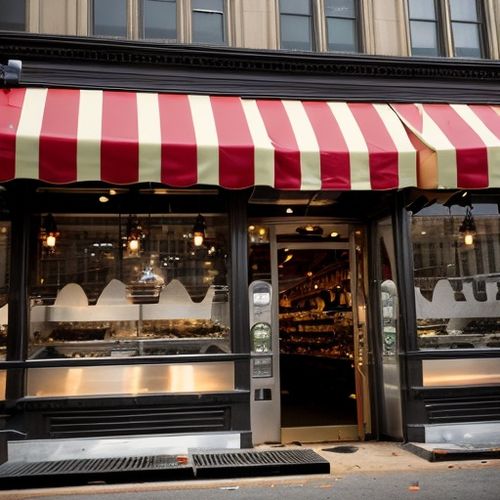
By Christopher Harris/Feb 27, 2025
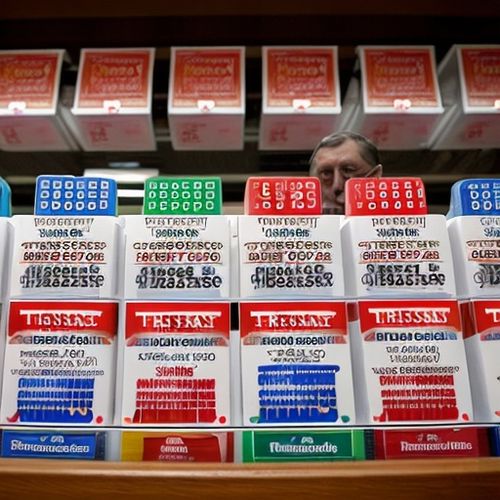
By Amanda Phillips/Feb 27, 2025